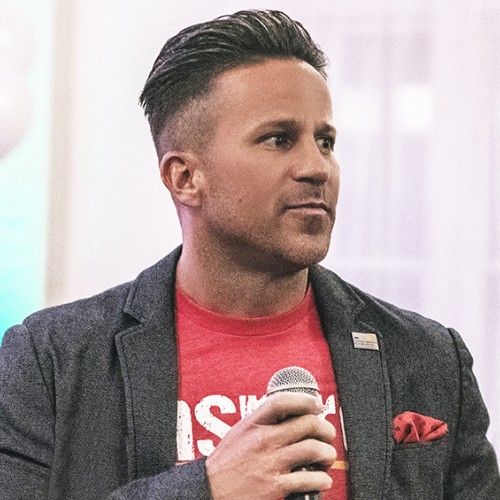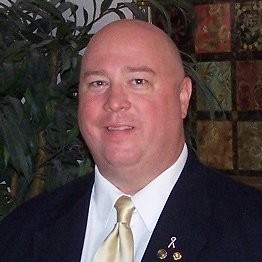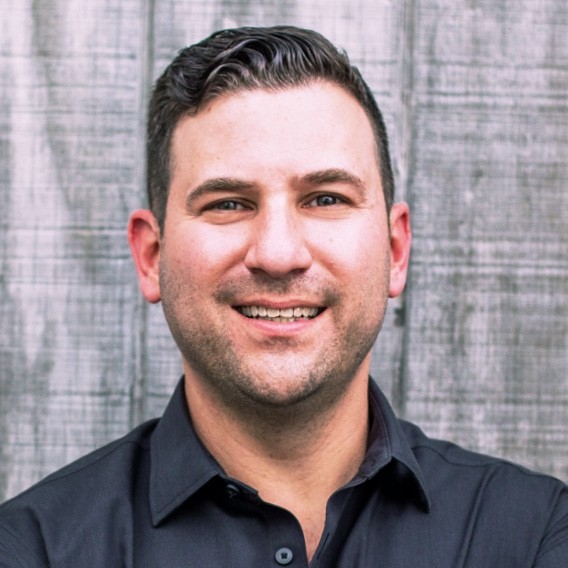Let’s first define what is a mentor. “Mentors focus on providing you sage advice and wisdom gathered through experience and knowledge when you ask for their insight. Mentors can be considered a library of human knowledge in the particular areas of life they have gained expertise. Mentors normally focus on providing knowledge, understanding and direction, but have been known to help in your improvement as a person when you allow yourself to become the subject.”
Everyone should have a mentor whether it is professional or personal reasons. A mentor is someone you can trust and build rapport with because this person will be there for you through the good and bad times. Encouraging and inspiring along the way, is why a mentor is often confused with a coach. A coach is different from a mentor in a sense that coaches are not supposed to offer advice as to what a person should be doing. Coaching concentrates on the person implementing the best strategies to achieve their desired goals.
The majority of mentor’s volunteer their time and are unpaid when asked to render guidance. Some benefits to having a mentor is listed below:
- Support and encouragement
- Inspiration and guidance
- Improve social skills
- Career and professional advice
- Spiritual advice
My mentor is someone who I met a few years ago after signing up for the mentor/mentee program at our church. My mentor is someone who has helped me to grow in my business and to expand my career. By having a mentor who is also a business owner like myself, she provides reliable advice to me when making challenging decisions. I value her opinion and look forward to our daily conversations. My mentor is someone that I can trust and share my concerns about anything, and I know the advice given to me will be in my best interest. My mentor has encouraged me to do things that I normally would not have had the courage to do if it wasn’t for her believing in me. The experiences and knowledge that she shares with me helps to shape me into a better business leader, mother, and wife. I have learned so much from her over the past 2 years.
If interested in having a mentor, make sure you are honest with yourself as well as your mentor. The relationship only works if honesty and transparency is at the core. It is difficult for someone to provide guidance and advice to anyone if the relationship is built on dishonesty. Also, make a list of what you are looking for in a mentor so when an opportunity to work with a mentor arises, you will know what qualities to seek. The benefits are unlimited when working with a mentor who understands you both professionally and personally. Having a mentor to confide in and receiving valuable advice from them is priceless. The opportunity to have a mentor in my life was one of the best decisions I could have made.




































































